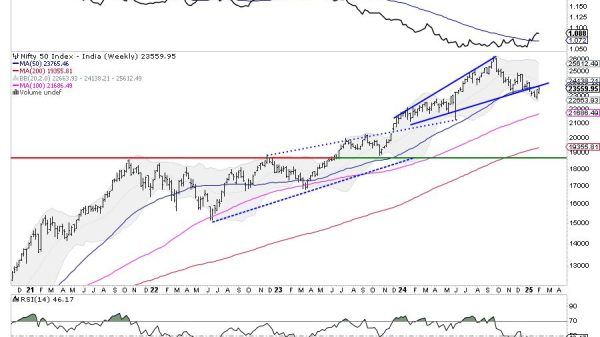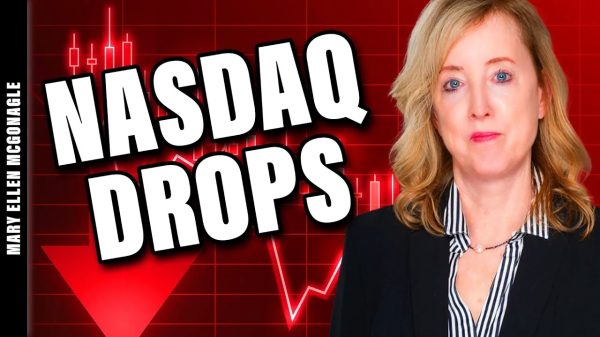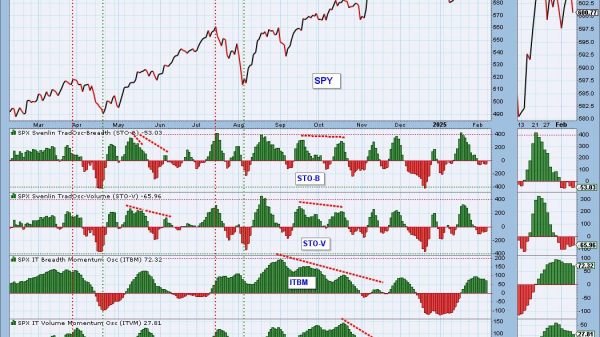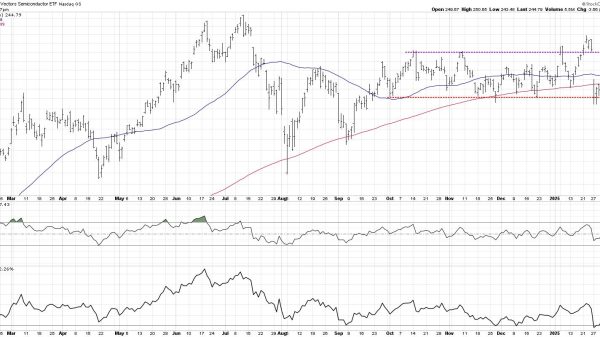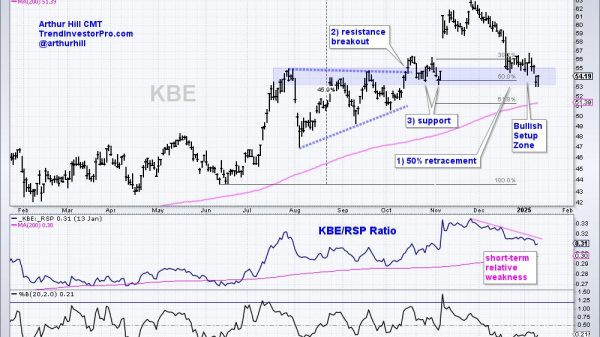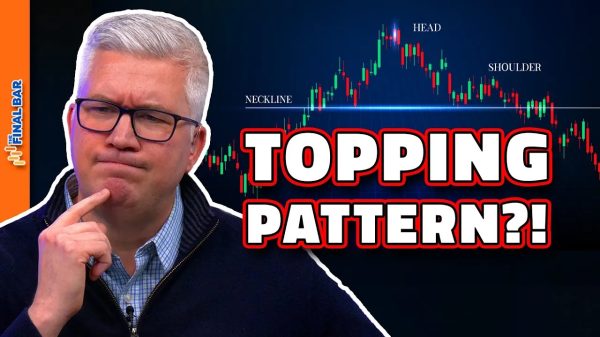Real Estate Investment Trusts (REITs) have underperformed this year as the industry comes under substantial headwinds. The Vanguard Real Estate ETF (VNQ) and the iShares Core US RET ETF (USRT) stocks have all crashed by over 15% from their highest levels this year. As a result, their dividend yields have jumped as risks in the industry soar.
Headwinds in the real estate sector
The real estate sector is facing substantial headwinds this year. Interest rates in the United States have jumped to 5.25%, the highest level in more than a decade, as we wrote here. They have also jumped at one of the fastest pace in modern history.
The real estate sector is highly exposed to high interest since most developers use debt to finance their operations. Most of them used the low-interest rate environment to boost their borrowing. When interest rates rise, the value of real estate tends to drop since their interest expense rises and demand for their products jump.
Further, REIT stocks have dropped sharply as investors worry about the rising vacancies in the industry. This issue is mostly affecting REITs that hold vast amounts of office properties in places like New York and San Francisco. Analysts now believe that some REITs will go bankrupt in the coming month as liquidity dry.
Many REITs are also seeing their maturities come in the next few months while the rising fear of a recession has pushed demand downwards. The debt ceiling issue is not helping.
Light at the end of the tunnel
Still, there is a light at the end of the tunnel for the VNQ and USRT ETFs. For one, there are signs that interest rate hikes have peaked. Some analysts even believe that the Fed will cut rates this year or in 2024 if the US sinks into a mild recession. Analysts at JP Morgan believe that the Fed will cut interest rates later this year.
A change in tune by the Fed will be a good thing for REIT stocks since it will signal a bottom of the ongoing trends. In addition, the reality is that higher rates mean that the volume of real estate coming to the market is expected to fall.
There are other potential catalysts for REIT stocks. For example, some pockets of the REIT market like multi-tenant retail, industrial, and residential are seeing some of the lowest vacancy rates in modern times.
These potential tailwinds in the REIT sector explain why the sell-off in USRT and VNQ ETFs has eased recently. Despite this, I recommend waiting until the two ETFs make a strong bullish trend before you invest in them since the industry is a bit fluid for now.
The post REIT ETFs VNQ and USRT have bottomed: buy the dip now? appeared first on Invezz.






